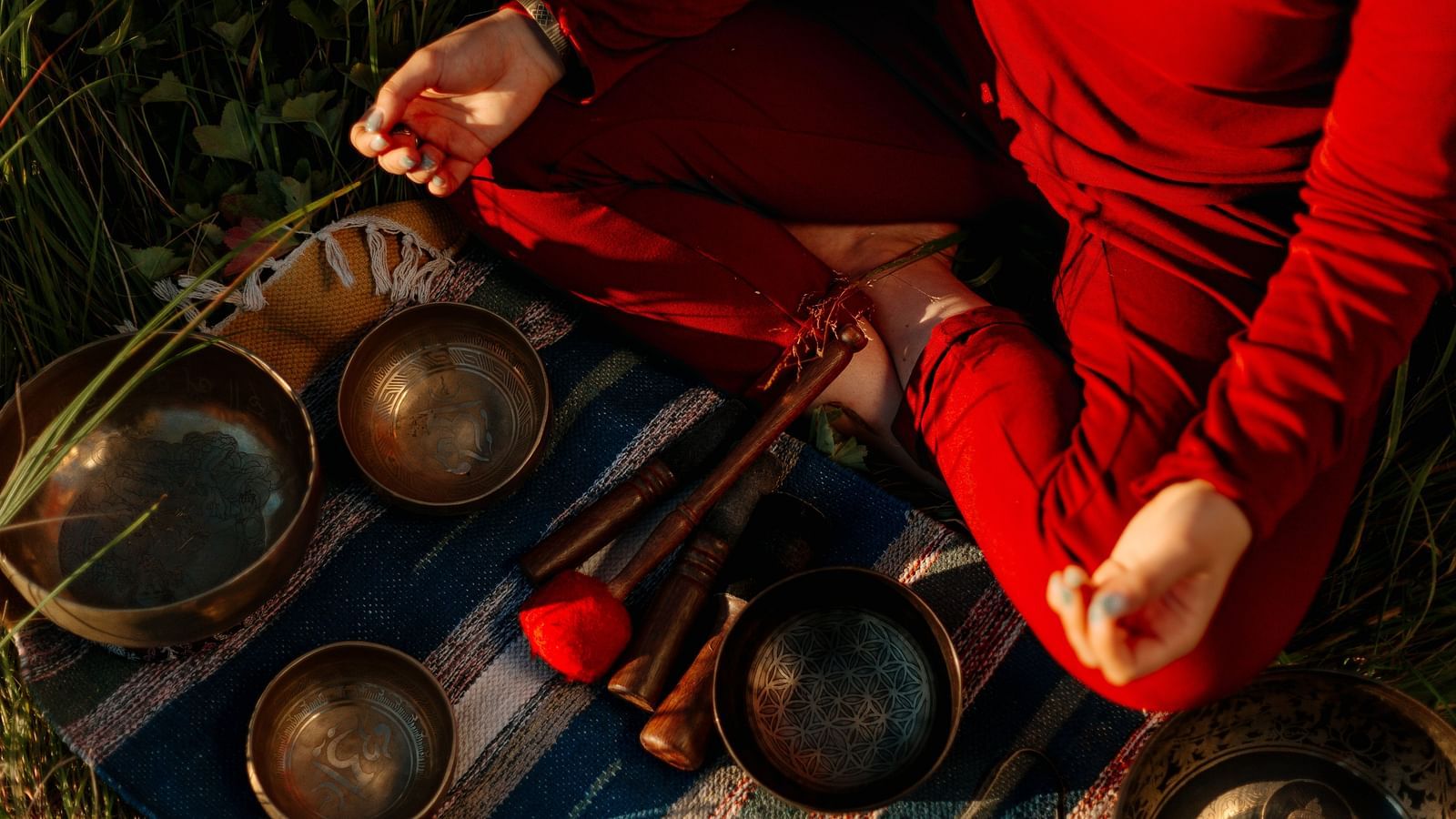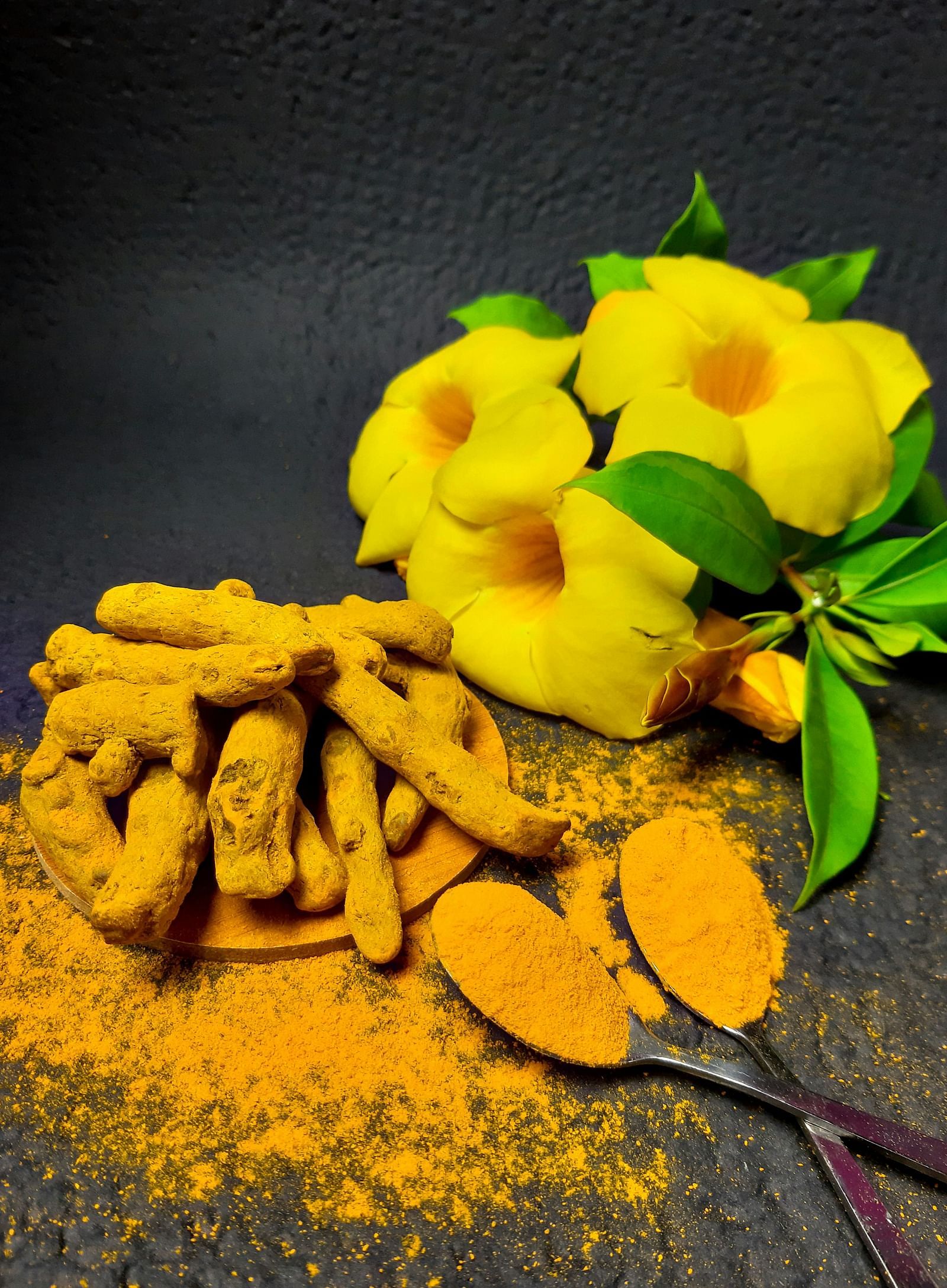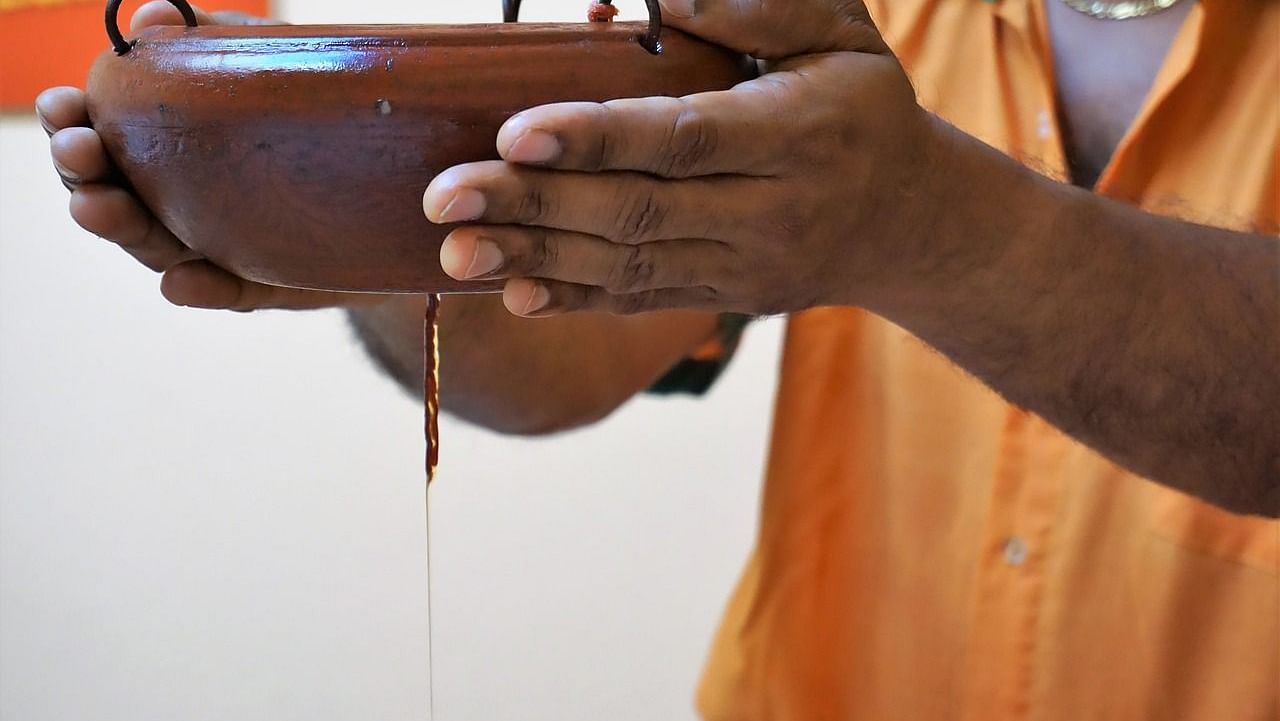
- Guided Meditation Retreat in Karnataka
- Digital Detox Retreats in India
- Jnana Yoga
- Things to Do in Gokarna with Family
- Ayurvedic Resorts in Karnataka
- Mirjan Fort
- Staycation in Gokarna
- Gokarna Yoga Retreat
- Mental Benefits of Yoga
- Best Diet for Yoga
- Beaches in Gokarna
- Gokarna 2-day Itinerary
- Yoga in Summer
- Phytoplankton in Gokarna
- Best Time to Visit Gokarna
- Dhanvantari God of Ayurveda
- Marma Therapy
- Five Elements of Yoga
- Yoga for Better Sleep
- Yoga in Winter
- Ayurveda in Winter
- Yoga Therapy for Obesity
- Stress Management with Yoga
- Yoga & Ayurveda for Diabetes
- 10 Benefits of Yoga
- Shirodhara Treatment
- Origins of Yoga
- Indulge in a Thalassotherapy Spa Treatment
- Monsoon and Ayurveda: Embracing the Season of Healing
- Nourish Your Body with a Balanced Ayurvedic Diet and Strong Agni
- 5 Reasons Why You Should Prioritize Your Wellness
- Beat the Heat with Ayurvedic Summer Drinks
- Things to do near Kumta
- Why Gamyam Retreat Should be Your Next Solo Travel Destination?
- The Healing Power of Ayurveda
- Gamyam: Offering an Adventurous and Unforgettable Experience





Exploring the Divine Legacy of Dhanvantari: The God of Ayurveda
In the rich tapestry of Indian mythology, amidst the pantheon of gods and goddesses, one figure stands out as the epitome of healing and wellness – Dhanvantari, the revered God of Ayurveda. With a legacy steeped in ancient wisdom and divine grace, Dhanvantari holds a special place in the hearts of those who seek balance and harmony through the art of Ayurveda.
Unveiling the Divine Healer: Dhanvantari
Dhanvantari is often depicted as a handsome deity adorned in regal attire, holding the sacred symbols of Ayurveda – the Shankha (conch shell) and the Chakra (discus) in his hands. His benevolent presence exudes an aura of serenity and compassion, embodying the essence of healing and well-being.
According to Hindu mythology, Dhanvantari emerged during the churning of the cosmic ocean, known as the Samudra Manthan, bearing a golden pot containing the elixir of immortality, known as Amrita. He is revered as the divine physician who brought the gift of Ayurveda to humanity, imparting the knowledge of herbal medicine and holistic healing.
According to Hindu mythology, Dhanvantari emerged during the churning of the cosmic ocean, known as the Samudra Manthan, bearing a golden pot containing the elixir of immortality, known as Amrita. He is revered as the divine physician who brought the gift of Ayurveda to humanity, imparting the knowledge of herbal medicine and holistic healing.
History of Dhanvantari
The origins of Dhanvantari can be traced back to the Vedic texts, where he is mentioned as one of the Adityas, the celestial deities associated with health and vitality. Over time, his legend grew and he became synonymous with Ayurveda, the ancient Indian system of medicine that emphasises the holistic approach to health and wellness.
In the Puranas, ancient Hindu scriptures, Dhanvantari is hailed as the father of Ayurveda, credited with compiling the foundational texts of Ayurvedic knowledge, including the Charaka Samhita and the Sushruta Samhita. These texts, written in Sanskrit, contain a wealth of information on herbal remedies, dietary guidelines and therapeutic practices, forming the cornerstone of Ayurvedic philosophy.
In the Puranas, ancient Hindu scriptures, Dhanvantari is hailed as the father of Ayurveda, credited with compiling the foundational texts of Ayurvedic knowledge, including the Charaka Samhita and the Sushruta Samhita. These texts, written in Sanskrit, contain a wealth of information on herbal remedies, dietary guidelines and therapeutic practices, forming the cornerstone of Ayurvedic philosophy.
Significance and Symbolism
Ayurveda God Dhanvantari is revered as a divine being and a symbol of hope and healing for millions of people. His teachings emphasise the importance of living in harmony with nature, maintaining a balance between mind, body and spirit, and embracing the innate wisdom of the natural world.
As the Ayurveda God, Dhanvantari is invoked during traditional Ayurvedic rituals and ceremonies, where prayers and offerings are made in his honour to seek his blessings for health and well-being. His presence is believed to bring healing miracles and miraculous recoveries, offering solace to those in need.
As the Ayurveda God, Dhanvantari is invoked during traditional Ayurvedic rituals and ceremonies, where prayers and offerings are made in his honour to seek his blessings for health and well-being. His presence is believed to bring healing miracles and miraculous recoveries, offering solace to those in need.
Celebrating Dhanvantari Jayanti
Every year, on the auspicious occasion of Dhanvantari Jayanti, devotees across India pay homage to the divine healer with fervent prayers and devotional offerings. This sacred day, which falls on the thirteenth day of the lunar fortnight in the month of Ashwin, is celebrated with great reverence and enthusiasm, honouring the timeless legacy of Dhanvantari and the ancient wisdom of Ayurveda.
The story of Dhanvantari (God of Ayurveda) is a testament to the enduring power of healing and the timeless wisdom of ancient Indian civilisation. As we journey through life, may we find inspiration in his teachings, embrace the principles of Ayurveda and strive to cultivate health, happiness and harmony in our lives.
Located in Kumta, Gamyam Resort offers an ideal haven for those seeking rejuvenation through Ayurveda. With 81 luxurious rooms, a sparkling swimming pool and an extensive range of wellness pursuits, it provides a sanctuary for guests to harmonise. Also, check out The Healing Power of Ayurveda as your next read.
The story of Dhanvantari (God of Ayurveda) is a testament to the enduring power of healing and the timeless wisdom of ancient Indian civilisation. As we journey through life, may we find inspiration in his teachings, embrace the principles of Ayurveda and strive to cultivate health, happiness and harmony in our lives.
Located in Kumta, Gamyam Resort offers an ideal haven for those seeking rejuvenation through Ayurveda. With 81 luxurious rooms, a sparkling swimming pool and an extensive range of wellness pursuits, it provides a sanctuary for guests to harmonise. Also, check out The Healing Power of Ayurveda as your next read.



